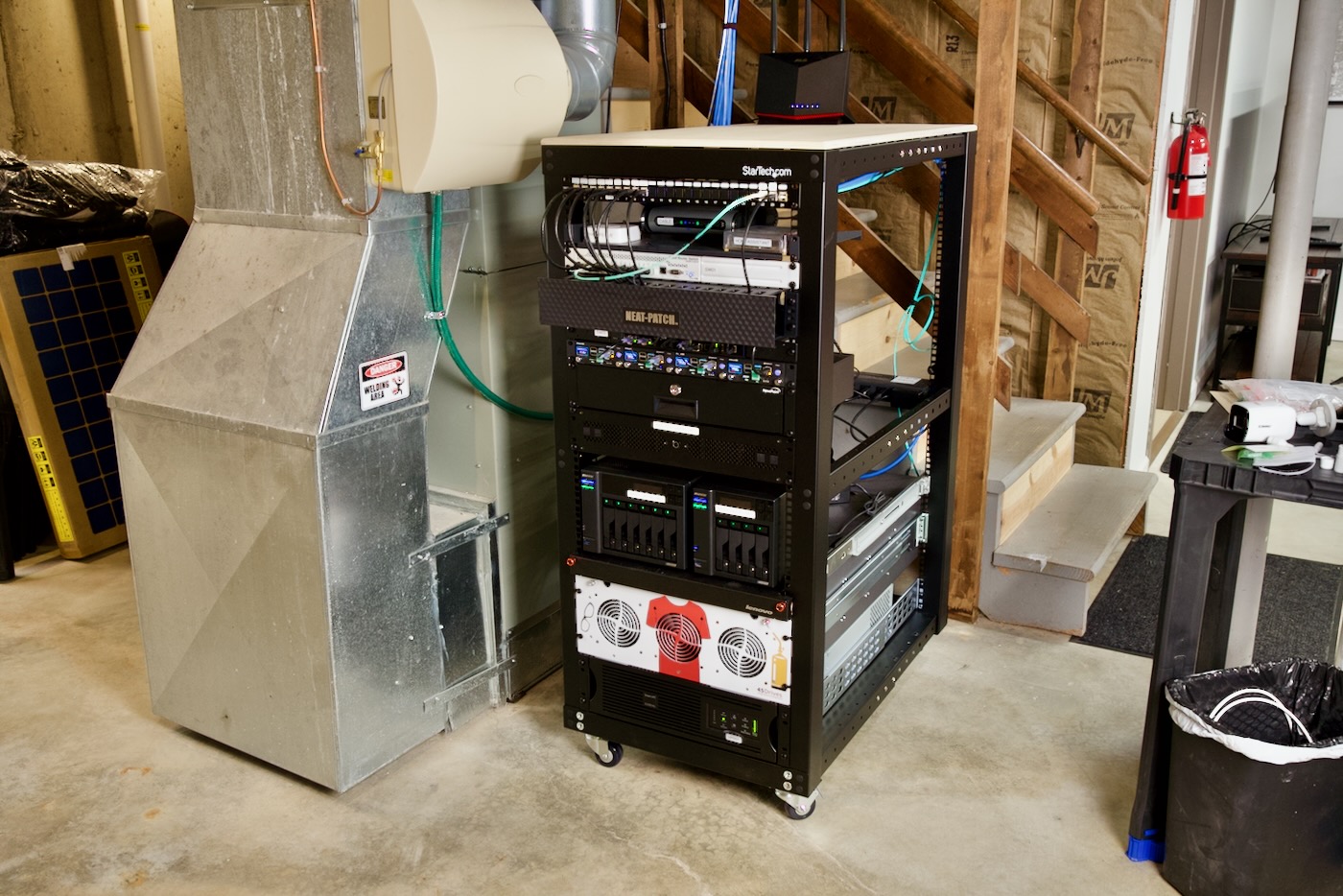Fixing curl install failures with Ansible on Red Hat-derivative OSes
Over the past few months, I've noticed some of my automation failing on Red Hat-derivative OSes like Rocky Linux and AlmaLinux. The reason for this has to do with the inclusion of a curl-minimal package in some distros, which conflicts with curl if you try installing the full package.
Unfortunately, the fix for this is a little strange, and so only ends up in Ansible's dnf module, not in the more cross-compatible package module.
The error I was seeing is like:
